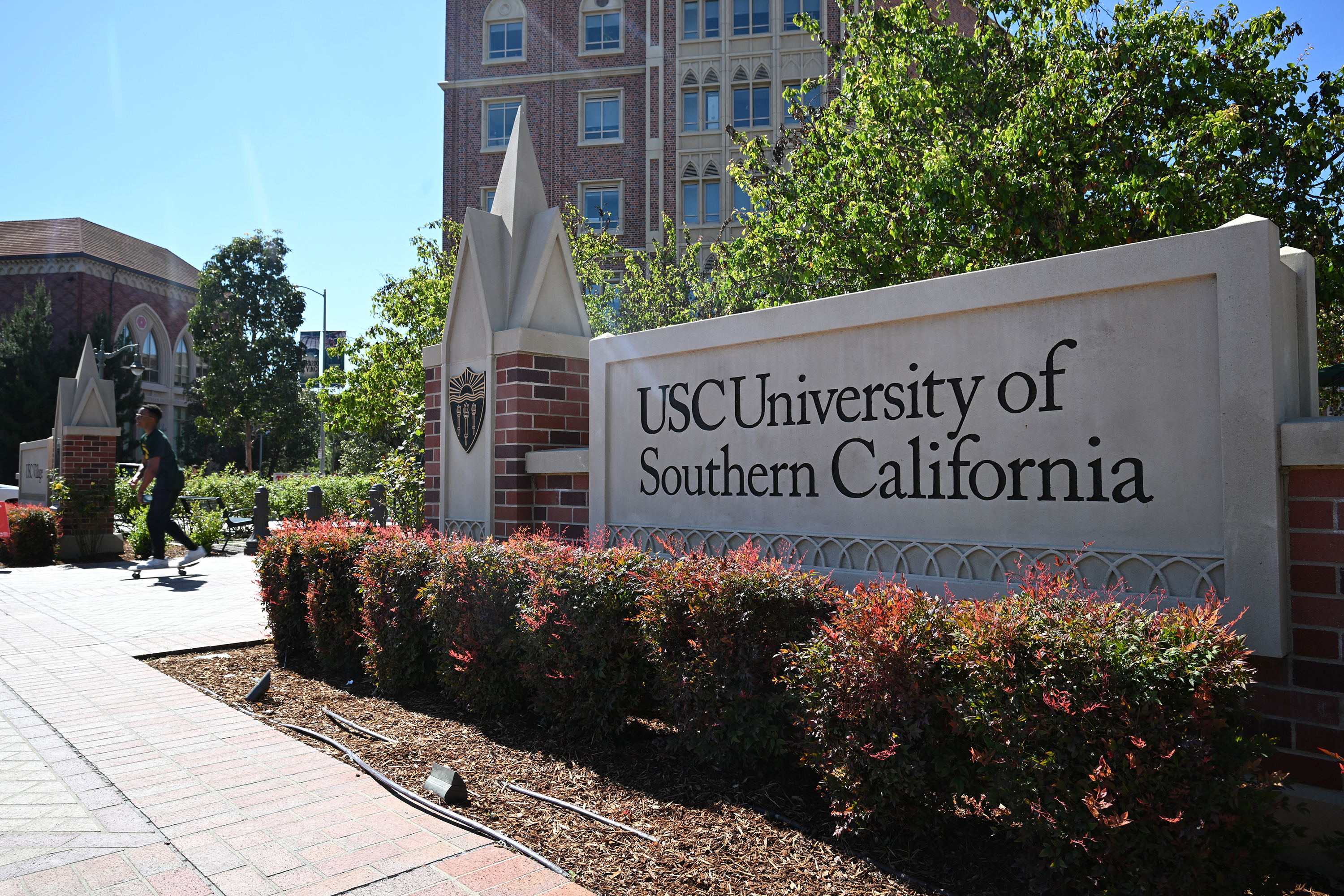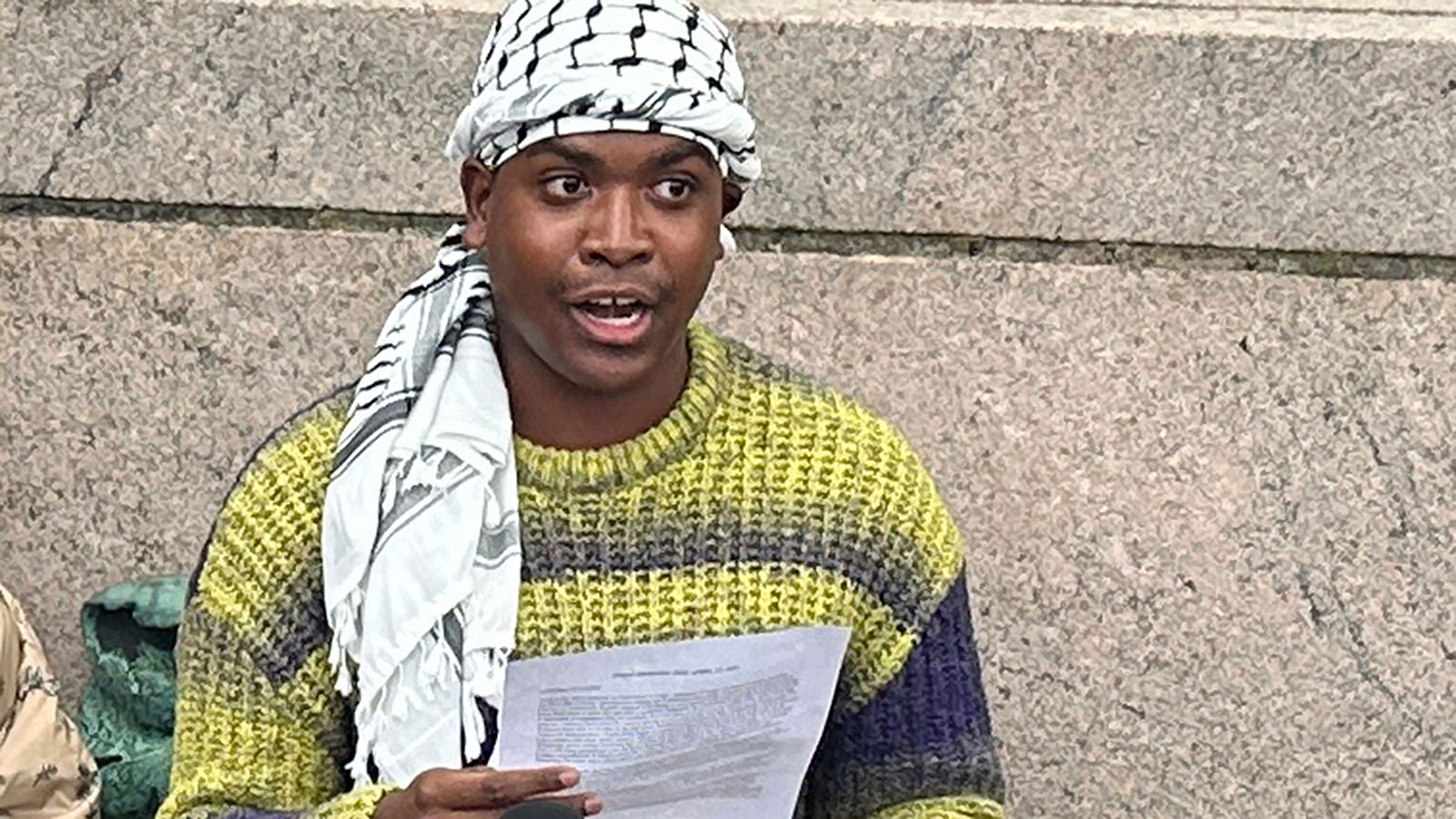Columbia University's senate voted in favor of a resolution to create a task force to investigate the university leadership's handling of Pro-Palestinian protests on campus, according to documents obtained by CNN.
The resolution passed Friday alleges, among other things, that the administration jeopardized academic freedom, breached privacy and due process of students and faculty members and violated shared governance principles by calling for police intervention on campus, according to documents on the meeting.
After the investigation, the task force will present its findings and recommendations to the university's senate to determine further actions and take the necessary steps to address the alleged misconduct of the administration, according to the documents.
Some context: The decision comes after the school and university president Minouche Shafik faced criticism from students, faculty and left-leaning lawmakers after Shafik authorized the New York Police Department to shut down student protests on campus, which have urged school leaders to cut off economic and academic ties to Israel. At the same time, students, religious groups and right-leaning lawmakers have said the administration has failed to stop antisemitism inside Columbia’s campus and at protests outside its gates, CNN previously reported.
Columbia's senate represents people on campus, including faculty, researchers, students, administration and more, according to the school's website. The body has the authority to make policies on a variety of issues that affect the school.








